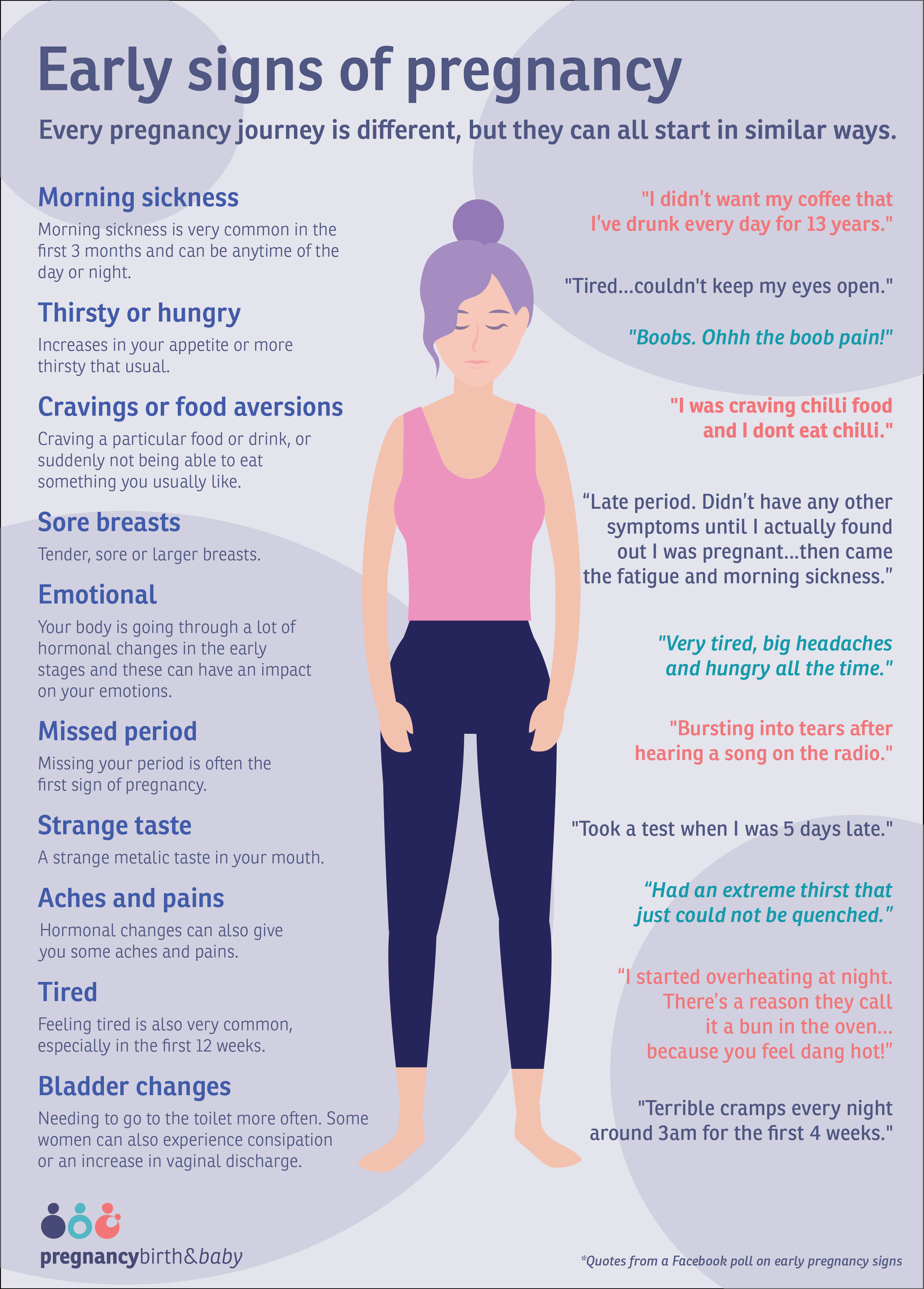
Signs and Symptoms of Teen Pregnancy
Teen pregnancy, defined as pregnancy occurring in a female under the age of 20, poses significant health risks and social challenges for both the mother and the child. Early detection and prenatal care are crucial for ensuring the well-being of both parties. Recognizing the signs and symptoms of teen pregnancy is essential for timely intervention and support.
Physical Signs
- Missed menstrual periods: This is often the first and most noticeable sign of pregnancy. However, irregular periods are common in adolescence, so a missed period alone may not be conclusive.
- Nausea and vomiting (morning sickness): This typically begins around the fourth week of pregnancy and may persist throughout the first trimester.
- Breast tenderness and enlargement: The breasts may become sore, swollen, and darker in color.
- Fatigue: Extreme tiredness is a common symptom of pregnancy, especially in the early stages.
- Frequent urination: As the uterus expands, it puts pressure on the bladder, leading to more frequent urination.
- Weight gain: Gradual weight gain is expected during pregnancy, but rapid or excessive weight gain may be a sign of complications.
- Abdominal pain and cramping: Mild cramping is common in early pregnancy, but severe pain or cramping can indicate a problem.
- Vaginal discharge: Increased vaginal discharge, especially if it is thick, white, or yellow, may be a sign of pregnancy.
- Skin changes: Some women experience darkening of the skin around the nipples (areolae) and a line down the abdomen (linea nigra).
Emotional and Behavioral Symptoms
- Mood swings: Pregnancy hormones can cause sudden changes in mood, from euphoria to irritability.
- Food cravings or aversions: Strong cravings for certain foods or an aversion to previously enjoyed foods may be a sign of pregnancy.
- Changes in sleep patterns: Insomnia or excessive sleepiness can be symptoms of pregnancy.
- Withdrawal from social activities: Some pregnant teens may withdraw from social activities or avoid spending time with friends.
- Anxiety and depression: Pregnancy can trigger feelings of anxiety and depression, especially in young and unprepared mothers.
Other Possible Signs
- Positive pregnancy test: A home pregnancy test can provide a quick and reliable indication of pregnancy.
- Ultrasound: An ultrasound can confirm pregnancy and provide information about the gestational age and fetal development.
- Blood test: A blood test can measure levels of pregnancy hormones (hCG) to confirm pregnancy.
Importance of Early Detection
Early detection of teen pregnancy is crucial for several reasons:
- Improved prenatal care: Timely prenatal care reduces the risk of complications for both the mother and the baby.
- Reduced risk of low birth weight and premature birth: Early intervention can help prevent these serious health problems.
- Increased access to support services: Pregnant teens can benefit from support programs that provide education, counseling, and resources.
- Improved educational and economic outcomes: Teen mothers who receive support are more likely to stay in school, pursue higher education, and achieve economic stability.
Risk Factors
Certain factors increase the risk of teen pregnancy, including:
- Early onset of puberty: Girls who begin puberty at a younger age are at higher risk of pregnancy.
- Lack of sex education and contraception: Inadequate knowledge about reproductive health and access to contraception contribute to teen pregnancy.
- Peer pressure and social norms: Teenagers who have friends who are pregnant or who live in communities with high rates of teen pregnancy are more likely to become pregnant themselves.
- Family history: Girls with a family history of teen pregnancy are at increased risk.
- Poverty and lack of resources: Economic hardship and limited access to healthcare and support services can increase the likelihood of teen pregnancy.
Prevention and Support
Preventing teen pregnancy requires a comprehensive approach that includes:
- Comprehensive sex education: Schools and community organizations should provide age-appropriate sex education that covers topics such as reproductive health, contraception, and decision-making.
- Access to contraception: Teenagers should have access to a range of contraceptive methods, including condoms, birth control pills, and long-acting reversible contraceptives (LARCs).
- Support for pregnant teens: Pregnant teens need access to prenatal care, counseling, and other support services to ensure the well-being of both themselves and their babies.
- Community involvement: Parents, educators, healthcare providers, and community members can play a vital role in supporting teen parents and preventing teen pregnancy.
Conclusion
Teen pregnancy is a complex issue with significant implications for the health and well-being of both the mother and the child. Recognizing the signs and symptoms of teen pregnancy is crucial for early detection and timely intervention. By providing comprehensive sex education, access to contraception, and support services for pregnant teens, we can reduce the incidence of teen pregnancy and improve the outcomes for young mothers and their children.